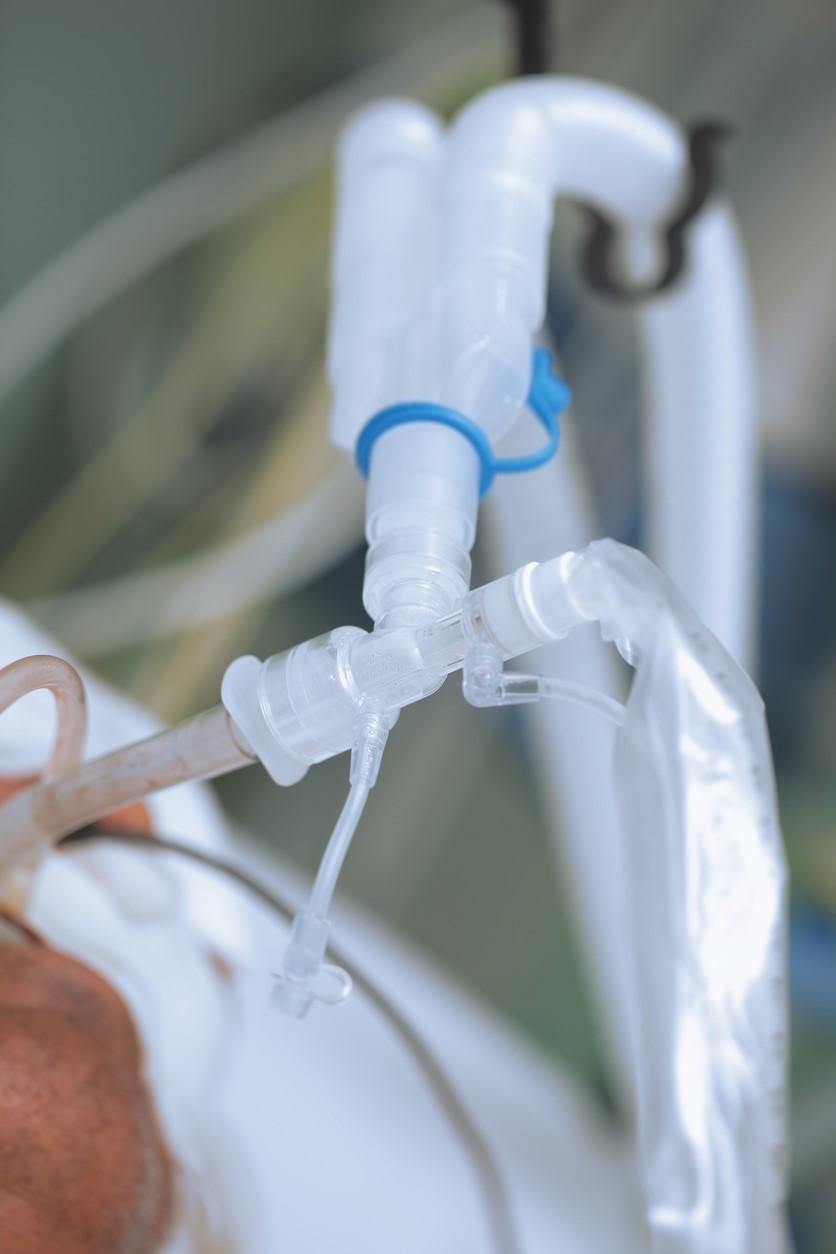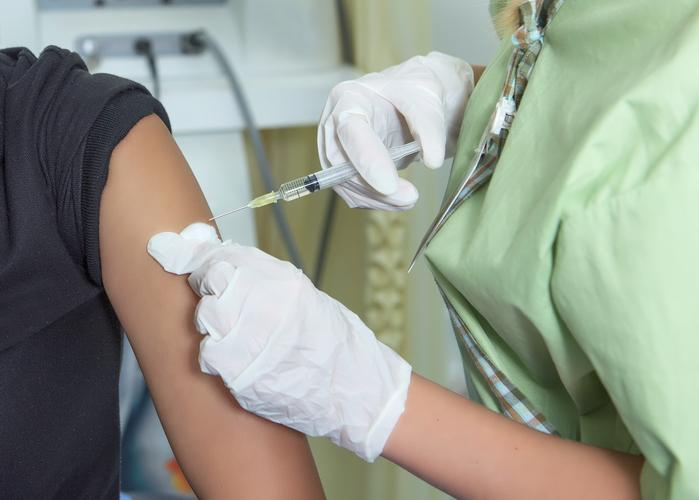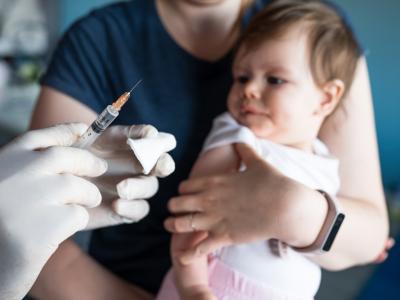
A single-center study found that prolonging antibiotic treatment beyond 8 days did not improve outcomes in patients who had healthcare-acquired pneumonia caused by multidrug-resistant (MDR) Pseudomonas aeruginosa, researchers reported today in BMC Infectious Diseases.
In the retrospective study, researchers at Jackson Memorial Hospital in Miami compared outcomes in two groups of patients who had been treated for hospital-acquired/ventilator-associated pneumonia (HAP/VAP) caused by MDR P aeruginosa from 2017 through 2020. One group received 8 days or less of antibiotic therapy, which is roughly in line with the duration recommended by Infectious Diseases Society of America (IDSA) guidelines (7 days), and the other group received more than 8 days' worth.
The primary outcome was clinical success at the end of therapy, defined as resolution of signs and symptoms of infection and no need for additional antibiotic treatment. Secondary outcomes included 30-day and 90-day mortality and relapsed pneumonia within 30 days of index culture. Relapse is one of the concerns when treating HAP/VAP caused by MDR P aeruginosa with a short course of antibiotics, particularly in immunocompromised patients.
No difference in clinical outcomes
Of the 85 patients (median age, 65.5 years) who met the inclusion criteria, 30 (35.3%) received 8 days or less of antibiotics and 55 (64.7%) received more than 8 days. Most patients in both groups were in the intensive care unit.
Compared with those who received 8 days or less of antibiotics, no difference was seen for clinical success in patients treated for more than 8 days (80.0% vs 65.5%; odds ratio [OR], 0.47; 95% confidence interval [CI], 0.16 to 1.36). Similarly, no difference was found in 30-day and 90-day mortality among treatment groups, nor did patients who received shorter therapy have a higher relapse rate within 30 days of index culture.
"This result favors the approach of treating patients with MDR P. aeruginosa HAP/VAP for ≤8 days, instead of a longer duration, to prevent the development of resistance and adverse drug events," the study authors wrote.


.jpg)













